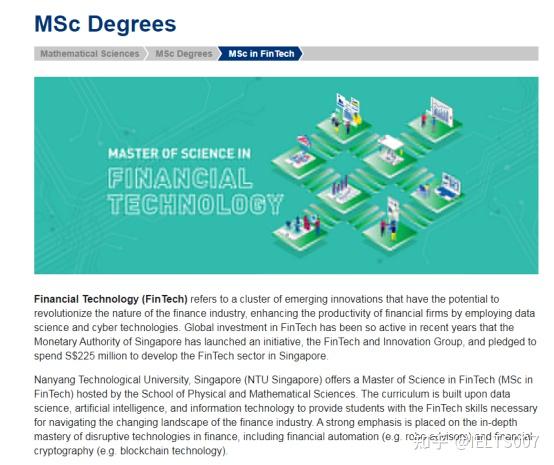|
The Internet of Things (IoT) has been a game-changer in the technology landscape, enabling seamless connectivity between devices and revolutionizing various industries. At the heart of this transformative revolution lies the IoT platform, serving as the backbone for managing and orchestrating vast networks of interconnected devices. In this article, we explore the evolution of IoT platforms and their significant impact on shaping our connected world. Introduction to IoT Platforms: IoT platforms are software frameworks that facilitate the development, deployment, and management of IoT applications. They provide a wide range of capabilities, including device connectivity, data collection, storage, analytics, security, and integration with other systems. These platforms act as intermediaries, bridging the gap between physical devices and the digital realm, allowing seamless communication and control. The Early Years: In the early days of IoT, the focus was primarily on connecting devices to the internet. Basic platforms emerged, offering limited functionalities such as device provisioning, data ingestion, and simple analytics. However, as the number of connected devices exploded and the complexity grew, it became evident that more robust and scalable solutions were needed. Advancements in Connectivity: One of the critical developments in IoT platforms has been advancements in connectivity protocols. Initially, platforms relied on traditional protocols like Wi-Fi and Bluetooth. However, with the proliferation of low-power, wide-area networks (LPWANs) such as LoRaWAN and NB-IoT, platforms now support long-range and low-power connectivity, enabling IoT deployments in remote areas and enhancing battery life. Data Management and Analytics: As IoT generates massive amounts of data, effective management and analysis become paramount. Modern IoT platforms offer sophisticated data management capabilities, including real-time streaming, storage, and processing. Advanced analytics and machine learning algorithms help extract valuable insights from the deluge of data generated by IoT devices, enabling predictive maintenance, anomaly detection, and optimization of operations. Enhanced Security: With the increasing number of connected devices, security has become a major concern. IoT platforms incorporate robust security features such as device authentication, data encryption, access control, and secure communication protocols. They also provide comprehensive identity and access management systems to ensure the integrity, confidentiality, and availability of IoT deployments. Integration with Cloud and Edge Computing: IoT platforms seamlessly integrate with cloud and edge computing technologies, enabling distributed computing and real-time decision-making capabilities. Cloud integration facilitates centralized management, scalability, and offloading heavy computational tasks, while edge computing brings processing power closer to the devices, reducing latency and enabling real-time analytics at the network edge. Industry-Specific Solutions: IoT platforms have evolved to cater to specific industries, providing tailored solutions for sectors like healthcare, manufacturing, agriculture, and smart cities. These industry-specific platforms offer pre-built modules, dashboards, and analytics templates, accelerating time-to-market and addressing unique challenges faced by each sector. The Future of IoT Platforms: Looking ahead, IoT platforms will continue to advance, driven by emerging technologies like 5G, artificial intelligence (AI), and blockchain. 5G networks will enable massive device connectivity and ultra-low latency, while AI will enhance automation and decision-making capabilities. Blockchain technology can provide decentralized trust and enable secure transactions in IoT ecosystems. In conclusion, IoT platforms have played a pivotal role in shaping the connected world we live in today. Their evolution, from basic connectivity frameworks to comprehensive ecosystems, has empowered businesses and individuals to harness the full potential of IoT. As technology continues to progress, IoT platforms will undoubtedly remain at the forefront, driving innovation and transforming industries across the globe.  |
